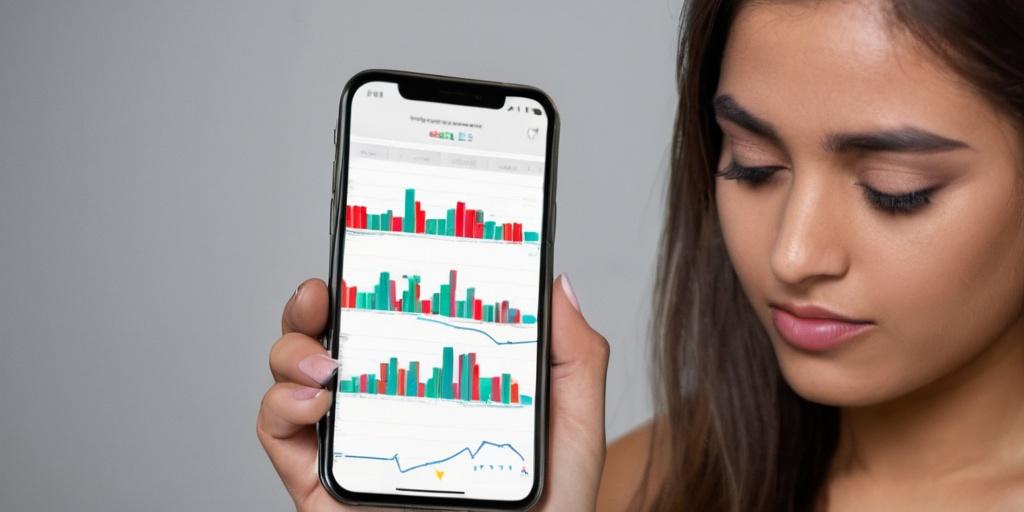Key Take Aways About Class B Stock
- Class B stock in Mexico offers reduced voting rights compared to Class A, favoring capital gains over governance.
- The BMV provides unique investment opportunities influenced by local and international factors.
- Ideal for investors focusing on stock price appreciation rather than active management involvement.
- Dividends may be offered but depend on company performance; analyzing past yields is crucial.
- Investing in Mexican Class B stocks involves understanding local market dynamics and associated risks.

Understanding Class B Stock in Mexico
Class B stock is a type of stock classification used by companies to denote different levels of shareholder rights. In Mexico, these stocks come with a unique set of features invaluable for strategic investments. Investors keen on navigating the Mexican stock market’s particular quirks should understand how Class B stocks fit into their portfolio.
What Exactly Is Class B Stock?
Class B stock is typically distinguished by its voting power. In contrast to Class A, which often carries more voting rights, Class B generally offers a reduced say in company decisions. This structure allows major shareholders, often founders or family members, to maintain control over strategic decisions while still raising capital through public offerings.
Why It Matters in the Mexican Market
The Mexican stock market, known as the Bolsa Mexicana de Valores (BMV), offers a unique environment influenced by both local and international economic factors. Class B stocks provide a flexible option for investors who prioritize capital gains over governance participation. It’s a straightforward way to invest in a company’s growth without being heavily involved in its management.
In Practice: Investing in Class B Stocks
Let’s say you’re interested in investing in a major Mexican telecommunications company that issues Class B stock. While you wouldn’t have the same voting power as a Class A shareholder, you would still participate in the company’s financial success. This can be particularly appealing if your focus is on profiting from stock price appreciation and potential dividends rather than corporate governance.
Navigating Market Risks
Investing always carries risks, and Mexico’s market is no exception. Economic factors like inflation rates and currency fluctuations can impact stock performance. Investors should consider these elements and perhaps diversify their portfolios to mitigate risks.
A Tale of Two Investors
Consider Manuel, who prefers active involvement in the companies he invests in. He opts for Class A shares when available, seeking influence over company strategy. Then there’s Alejandra, more focused on financial returns, comfortable with Class B stock’s passive nature. Alejandra’s approach is well-suited for Mexico’s dynamic market, where indirect investment strategies can often yield favorable results.
Dividend Opportunities and Potential
Class B stocks may offer dividends, although these are not guaranteed. Companies might reinvest profits to fuel growth, aligning with the interests of Class B shareholders who look for capital appreciation. Keep in mind that dividends depend on overall company performance and strategic direction set by those wielding greater voting power.
Decoding the Dividend Yield
In Mexico, dividends can be a critical factor for investors conscious of generating regular income. When assessing Class B stock, it’s crucial to review past dividend payments, current yield, and the company’s financial health. This helps gauge potential returns and assess the risk of dividend cuts.
Conclusion: A Strategic Investment
Investing in Class B stock within the Mexican market is a tactical choice for investors looking to balance growth potential and risk. While you may not have the same voting privileges as Class A shareholders, Class B stocks allow you to tap into the financial success of companies, often with less capital requirement. Evaluating your investment goals and risk tolerance will help you decide if Class B stock is your best move.
As investing in Mexico requires understanding the local nuances and economic indicators, it’s always wise to stay informed—and maybe keep a seasoned financial advisor on speed dial.